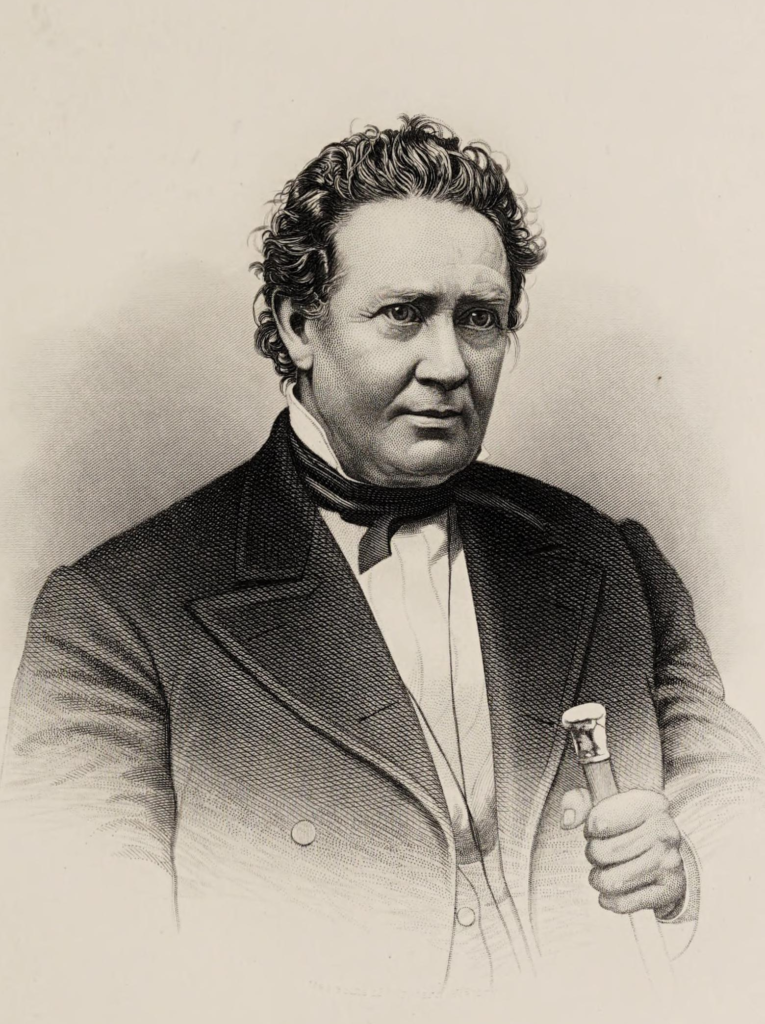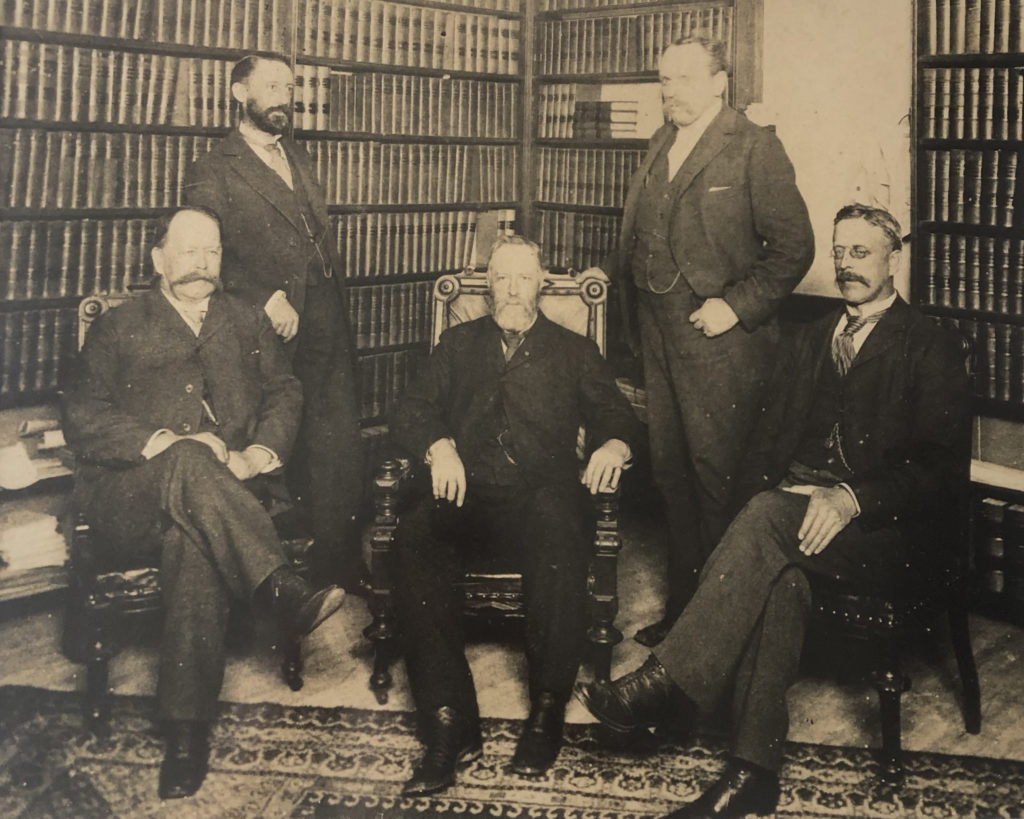Our History
Our practice and reputation of employing the most capable lawyers’ dates to the Civil War era in 1848. Over the course of our 175-year existence, we’ve had the pleasure of employing veterans and watching our firm produce a U.S. District Court Judge, two Wisconsin Supreme Court justices, two Circuit Court judges, a deputy attorney general of Wisconsin, three state assemblymen, a Wisconsin state senator, a mayor of Milwaukee and five district attorneys.
Since our firm’s beginning, we have been in Downtown Milwaukee, the heart of the city’s major financial, business, and governmental district. Through the hard work and discipline of our predecessor attorneys, the firm has survived – often thrived – a wide array of business, economic, and political historical periods, allowing our firm to serve tens of thousands of clients throughout our history.
Though we have experienced many changes throughout the years, as Milwaukee lawyers one thing has always remained constant, and that is our devotion to our clients.
History in Wisconsin
Edward G. Ryan, who established our Milwaukee firm the same year Wisconsin achieved statehood, was involved in in drafting the state’s constitution and later participated in the design of our state seal. Ryan first began his career in the 1830’s and became known statewide at the Wisconsin Constitutional Convention in 1846 when he won the election as a delegate. In 1870 he was elected Milwaukee City Attorney, and in 1874 was appointed Chief Justice of the State.
1842: Jason Downer began practicing law in Milwaukee. In 1845, he served as the first editor of the Milwaukee Sentinel, and was one of its six owners. After a year and a half at the Milwaukee Sentinel, he returned to law practice, and became a partner of the firm. In 1864 he moved on to serve on the Wisconsin Supreme Court, a position he held until 1867.


1883: Frederick C. Winkler drafted the Wisconsin Police and Fire Commission Bill. Winkler was admitted into the bar in 1859, but when the Civil War broke out, he organized and became captain of Company B, 26th Wisconsin Regiment. In 1865 he was promoted to brigadier general. After the war, he returned to law in Milwaukee where he would be a leading attorney for more than 50 years.
1924: Edmund Shea joined the firm, where he served as corporate counsel for The Journal Company.
Early 1950’s: Clifford A. Randall served as president of the Greater Milwaukee Committee which was instrumental in relocating the Boston Braves baseball team to the city.
Historic Cases
Maximizing Profits “After-Tax”
The computers and other electronic equipment in hospitals, financial institutions and other businesses are essential and must be available 24 hours a day, every day. Michael H. Polaski saw that providing corrective maintenance insurance for the sophisticated computer systems was an excellent business opportunity. He engaged Tom Nichols to assist his new corporation, Specialty Underwriters, Inc., through the spectrum of contract, employment, and tax considerations that growing businesses face. At that time in 1984, the use of Subchapter S corporations – a special form of corporation which allows profits and losses to be taxed directly to shareholders – was considered appropriate only for businesses that were losing money, however, Nichols saw the opportunity to use Subchapter S corporation to help Polaski’s profitable business. Polaski’s enterprises virtually created a new multi-million-dollar industry. Nichols and other lawyers at the firm represented Specialty Underwriters, Inc. on tax and business matters as it expanded into Canada and Europe.
Saving the Show
In the summer of 1975, the firm’s client, the Tommy Bartlett Water-Ski show, a popular tourist attraction in the Wisconsin Dells, faced a crisis when fishermen intent on stopping the show anchored their boats in front of Bartlett’s ski-jump ramps during performance hours. Drawing upon resources such as Ralph Hoyt, the acknowledged “dean” of real-estate lawyers, the firm responded by working with the Village of Lake Delton to enact a novel zoning ordinance that partitioned a section of the surface of the lake into two areas. In effect, this novel ordinance allowed Bartlett to “rent” the surface of the lake and prevented the fisherman from interfering with his show. The State of Wisconsin challenged the ordinance in court as an unconstitutional grant of public lake rights to a private enterprise, but Dennis Fisher and other lawyers from the firm reacted creatively by proving the ordinance was designed to protect the public usage of the lake: watching water-ski exhibitions which would not be possible without some limited exclusivity in using the lake’s surface. The case was contested all the way to the Wisconsin Supreme Court, but the Court upheld the ordinance as a reasonable allocation of space-and-time usage of the lake by competing public uses.
Launching a Business
Today, tax-planning software is taken for granted. In 1979, Don Cook, a manager at Ernst & Whinney (the predecessor to Ernst & Young), came up with the idea of creating a high-quality tax-software program for tax professionals and other individuals. Cook approached the firm to form Aadvark Software, Inc., and to assist with the legal aspects of raising venture capital for the new business. Over the course of the next several years, Joe Tierney and Tom Nichols advised Aardvark Software on numerous matters, including distributorship arrangements with Apple Computer, Inc., and novel issues in the “infant” retail computer-software market such as “shrink wrap” agreements and warranty cards for the new product. In 1983, Aardvark Software, Inc., sold the business to McGraw-Hill in a very successful transaction which the firm also handled.
